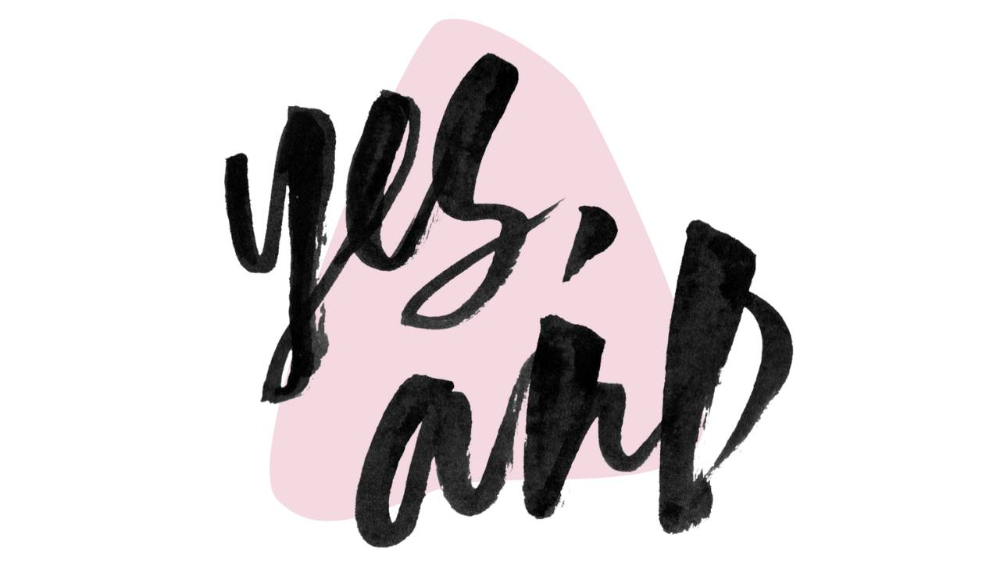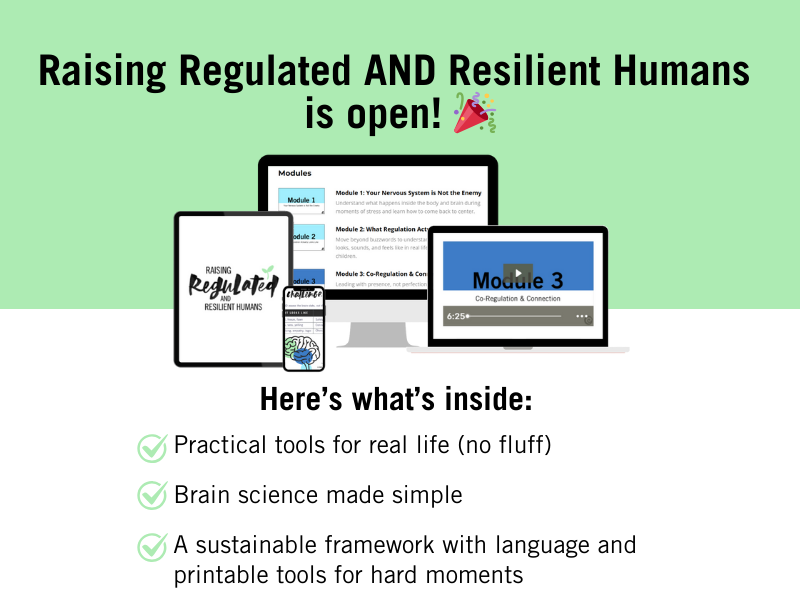Power, Privilege, and the Pause
Nov 06, 2025
Some mornings, the weight of the world wakes up before I do.
Today was one of those mornings.
I opened my eyes with a pit in my stomach, I couldn’t shake, the kind that feels like both worry and knowing. As I moved through my routine, warm clothes, laundry humming, coffee brewing, my mind circled back to the humans I serve.
The ones working relentlessly to keep a roof over their heads and a bit of food on the table.
The ones who wake up every day trying to create stability in a world that wasn’t built for it.
Their faces came to me first. Then their voices. The tears. The gratitude. The exhaustion.
Real humans. Not data points. Not hypothetical case studies.
And I thought about power.
About privilege.
About how unevenly they’re distributed, who gets to choose, who gets to rest, who gets to decide what happens next.
In A Framework for Understanding Poverty, Ruby Payne writes,
“Poverty is the extent to which an individual does without resources.”
She’s right. Poverty isn’t only financial.
It’s emotional, mental, and relational.
It’s the absence of internal safety and support, the invisible poverty that keeps you locked in survival even when your body is standing still.
When the brain perceives threat, physical danger, financial stress, or emotional instability, it shifts into survival mode.
The lower brain takes over, scanning for safety.
The middle brain searches for connection.
And only after those two needs are met can we access the higher brain, the prefrontal cortex, the space responsible for executive functioning.
That’s where decision-making, problem-solving, reflection, and critical thinking live.
But none of that is possible until the body believes it’s safe.

A sense of safety isn’t a luxury, it’s the foundation.
Safety precedes connection.
Connection precedes cognition.
And without both, growth becomes nearly impossible.
I thought about this as I stood in my kitchen, the warmth, coffee smell, and the morning's quiet.
And I couldn’t help but wonder what it would feel like to open my pantry and find nothing.
To watch my children grow hungry and not have enough to give.
The thought alone unraveled me.
Because while I can’t fully imagine it, I know it’s someone’s reality.
And yet, the world spins.
We scroll.
We like.
We double-tap our way through curated comfort, while entire families try to survive the day.
The truth is, when you see the deficit, you can’t unsee it.
When you put yourself in another’s shoes, you feel differently.
When you care for all humans, not just the ones who look or live like you, you act differently.
So today, I’m choosing to pause.
To sit in the discomfort rather than scroll past it.
I need to ask myself what’s within my control.
What I consume.
What I follow.
What I share.
The conversations I choose to engage in.
The energy I bring into a room.
Because those are the moments that reveal who we are,
Our integrity, our empathy, our humanness.
And maybe, if enough of us pause long enough to see the gap,
We might finally begin to close it.
In continued love, light, and connection,
Court


